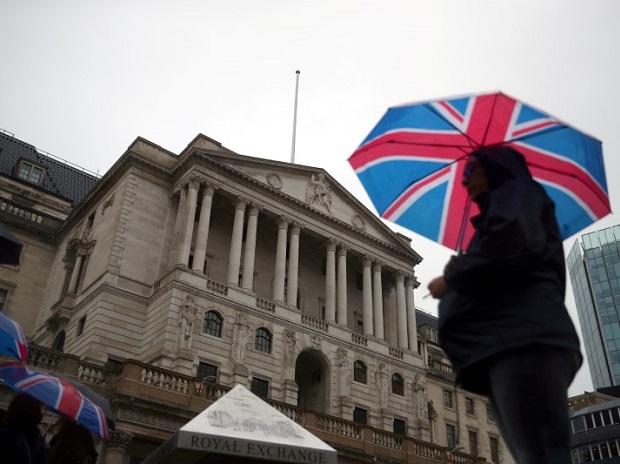[ad_1]
The Bank of England (BoE) and the European Central Bank eased the pace of its interest rate hikes, bumping them by 50 basis points (bps) on Thursday but stressed significant tightening remained ahead and laid out plans to drain cash from the financial system as part of a dogged fight against runaway inflation.
The Federal Reserve on Wednesday raised its benchmark interest rate by 50 bps to the highest level in 15 years, indicating the fight against inflation was not over despite some promising signs lately.
The BoE’s Monetary Policy Committee on Thursday voted 6-3 to raise Bank Rate to 3.5 per cent — its highest since 2008 — from 3.0 per cent and said more increases may be required to tackle what could prove to be persistent domestic inflation pressure.
Like the BoE and the Fed, the ECB flagged even higher borrowing costs ahead to persuade investors it is still serious about fighting inflation, which according to its new forecasts could stay above the ECB’s 2 per cent target through 2025. Inflation has soared since economies reopened after the Covid-19 pandemic, driven by supply bottlenecks and then surging energy costs following Russia’s invasion of Ukraine.
Swiss, Norway central banks raise rates too
Swiss National Bank Chairman Thomas Jordan said it was too early to “sound the all-clear” on high inflation after the central bank hiked interest rates again on Thursday by 50 basis points and hinted further increases were still possible. Norway’s central bank raised borrowing costs by 25 bps to 2.75 per cent, the highest level since February 2009, and signalled it still plans to raise its key interest rate to 3 per cent at the beginning of next year even as the Nordic economy faces a recession.
Dow tumbles 600 points on recession fears
Shares fell globally but the dollar and euro remained stable on Thursday.
Stocks fell as investors feared that Federal Reserve’s relentless interest rate hikes were tipping the economy into a recession. The Dow Jones Industrial Average slipped 2 per cent, or about 600 points, and the S&P 500 down 2.14 per cent.
US retail sales drop most in 11 mnths; labour market tight
US retail sales fell more than expected in November — the biggest drop in 11 months — but consumer spending remained supported by a tight labour market, with the number of Americans filing for unemployment benefits decreasing by the most in five months last week. Applications for US unemployment benefits fell last week to the lowest since September.
[ad_2]


